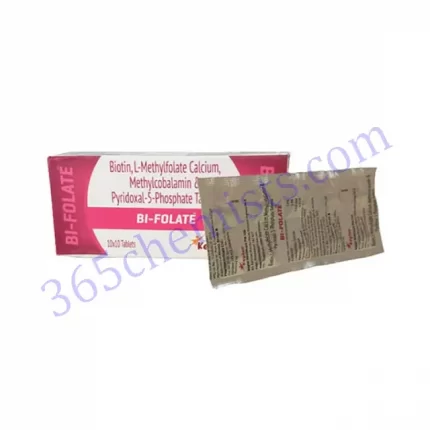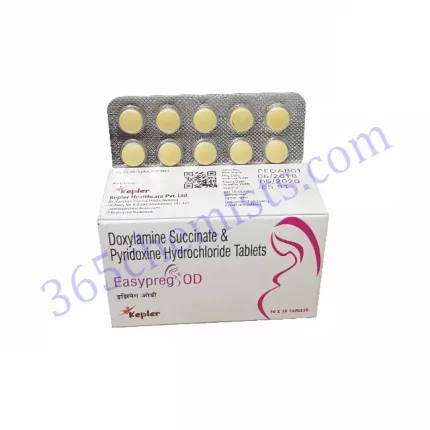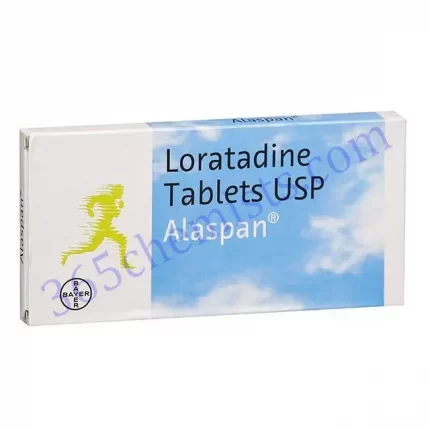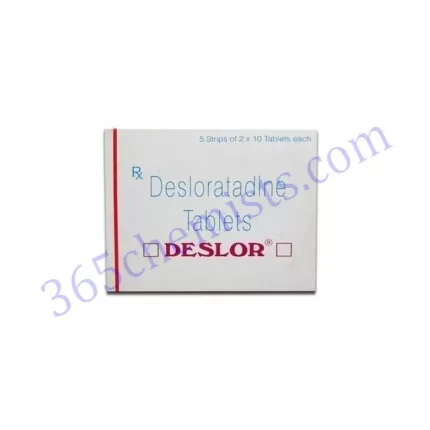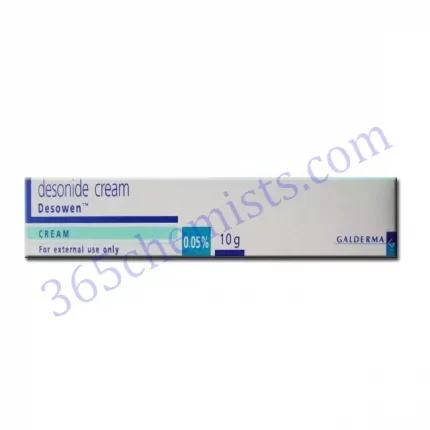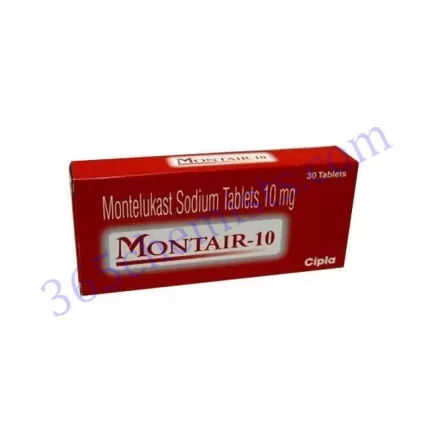Introduction
Levocetirizine and Montelukast are both present in the combination drug known as Centiluk Tablet. It is employed to alleviate allergic rhinitis symptoms like itching, sneezing, runny noses, and nasal congestion. This medicine works by preventing the body from producing particular molecules that lead to allergic responses and airway inflammation.
How Centiluk Tablet Works
Antihistamine levocetirizine helps to lessen the symptoms of histamine, a chemical produced by the body in response to an allergic reaction. It can relieve symptoms including itching, sneezing, and runny nose by inhibiting histamine receptors.
The action of leukotrienes, which the body produces in reaction to allergens, is blocked by the leukotriene receptor antagonist montelukast. It helps to lessen inflammation, airway tightness, and other allergic reaction symptoms by suppressing leukotrienes.
Dosage and Use
You should take Centiluk Tablet as prescribed by your doctor. Depending on your age, health status, and treatment response, the dosage may change. It is typically ingested once daily in the evening, with or without meals.
Don’t go above the suggested treatment period and stick to the appropriate dosage. Consult your healthcare professional or look at the instructions on the medication’s container if you have any questions or concerns regarding the dosage.
Dosage
Centiluk Suspension
Centiluk Tablet
Warnings and Precautions
Allergies: Let your doctor know if you have ever experienced any allergies to Levocetirizine, Montelukast, or other drugs.
Pregnancy and Breastfeeding: If you are pregnant, want to become pregnant, or are breast-feeding, talk to your doctor before taking Centiluk Tablet. They can evaluate the advantages and disadvantages of the drug and decide if it is right for you.
Paediatric Use: A healthcare practitioner should decide the dosage and safety of Centiluk Tablet for children based on the child’s age, weight, and medical condition.
Driving and operating machinery: This drug may make some people drowsy or queasy. Avoid driving or operating equipment that demands attentiveness if you have these adverse effects until you have a better understanding of how the medicine affects you.
Side Effects
Centiluk Tablet side effects are frequently reported to include the following:
sluggishness or exhaustion
Headache
mouth ache
Nausea
uneasy stomach
nasal clogging
(Rare) Allergic responses
Contact your healthcare practitioner if any of these adverse effects last longer than expected or get worse. It’s important to remember that not everyone will experience these side effects, and that each person may experience them differently and to varying degrees.
Drug-Drug Interactions
Tell your doctor about all the prescription drugs, over-the-counter remedies, and herbal items you are currently using. Levocetirizine or Montelukast may interact with other drugs, perhaps reducing their effectiveness or raising the possibility of adverse effects. Any potential drug interactions can be evaluated by your healthcare provider, who can then modify your treatment strategy as necessary.
Important Considerations
Storage: Keep Centiluk Tablet at room temperature and away from moisture and strong sunlight. Keep it out of children’s and animals’ reach.
Missed Dose: If you take Centiluk Tablet and forget to take a dose, take it right away. If your next dose is approaching, skip the missed one and carry on with your regular dosing regimen. To make up for a missing dose, do not double the dose.
Overdose: If you suspect an overdose, get medical help right once or call your local poison control centre. An overdose may include drowsiness, disorientation, a fast heartbeat, and breathing difficulties.
Medical issues, such as asthma, kidney disease, liver disease, and any other respiratory illnesses, should be disclosed to your healthcare professional. When recommending Centiluk Tablet, they will take these considerations into account.
Conclusion:
Levocetirizine and Montelukast, the active ingredients in Centiluk Tablet, are an efficient treatment for allergic rhinitis symptoms. Sneezing, itching, nasal congestion, and other similar symptoms are alleviated by blocking histamine and inhibiting leukotrienes. Keep in mind to adhere to the dosage and safety recommendations provided by your healthcare provider. Consult your healthcare professional for more advice if you have any questions or concerns. You can have a higher quality of life by using Centiluk Tablet to relieve the discomfort brought on by allergic rhinitis.
The combination drug Centiluk Tablet, which contains Levocetirizine and Montelukast, is frequently given for the treatment of allergic rhinitis. By obstructing histamine and preventing leukotriene activity in the body, it aids in the relief of symptoms like sneezing, itching, and nasal congestion. It’s crucial to adhere to your healthcare provider’s recommendations for dosage and treatment duration. Contact your healthcare practitioner if you have any side effects that are persistent or worrisome. You can alleviate the signs and symptoms of allergic rhinitis and enhance your quality of life by taking Centiluk Tablet as directed.



